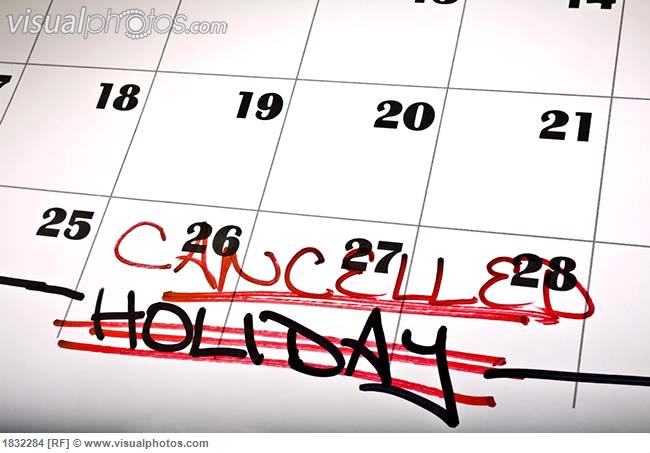 Teacher: What is the right way to teach, Mr Wilshaw?
Teacher: What is the right way to teach, Mr Wilshaw?
[soundcloud url=”https://api.soundcloud.com/tracks/127070352″ params=”color=ff5500&auto_play=false&hide_related=false&show_artwork=true” width=”100%” height=”166″ iframe=”true” /]
Teacher: You mean there is no right way to teach? Really? But there is a right way to inspect teaching? Why did you not say so early?
Teacher: Oh you did! Right?
What is the right way to teach inspect teaching, Mr Wilshaw?
Sir Michael Wilshaw’s frustrations regarding inspection reports and inspector judgements on the quality of teaching have been evident in his recent public addresses. Add to this his recent call for “interested teachers” to get in touch suggests his patience is wearing thin. The message has been shared, however Spot is not playing ball.
What should we make sure our staff know?
Point 64 is critical to our understanding of teaching from an Ofsted perspective
- Ofsted is not prescriptive about the way that teaching is delivered and does not recommend a suite of preferred teaching styles.
- Inspectors should only be concerned with the impact that teaching has on children’s learning, progress and outcomes.
- Teacher talk as long as the children are attentive, interested, learning and making progress is of course a viable strategy.
- Having multiple activities in a lesson is not a prerequisite for good and outstanding teaching.
- We regularly discuss the importance of differentiation in our teaching conversations. Sir Michael Wilshaw directs a broad inspection view of teaching that it is unrealistic for all work, in all lessons, always matches the specific needs of each pupil.
- Do not expect to see “independent learning” in all lessons.
- On the point of passivity, another regular debated topic, Sir Michael Wilshaw suggests that there are times where pupils are rightly passive rather than active recipients of learning, so long as it is not stopping pupils from learning new knowledge or gaining skills and understanding.
There may not be a right way to teach, there does appear to be a right way to inspect.
Inspectors are not simply observing the features of the lesson but they are gathering evidence about a range of issues through observation in a lesson. Ofsted
So what other evidence will inspection teams be directed to, when considering their conclusions on the quality of teaching?
- Lesson pace or pupil progress in lessons? Was the strategy used the most effective strategy available to reach the desired outcome? That is not to say that the lesson did not have merit, just that there were more effective options that were not used.
- Do lessons start promptly?
- Is the learning environment inspiring?
- Is the teacher proactive and dynamic in the classroom?
- Is homework regularly given?
- Is literacy a key component of lessons across the curriculum?
- Is technology used to support teaching and / or engage pupils?
- Worksheets rather than textbooks? (There is a clear viewpoint shared).
- Are pupils stretched?
- Do books go home? Returned the following day?
- Is marking is frequent and accurate. Are pupil expected to, and do, respond?
- Does the structure of the lesson promoting good learning and are pupils given sufficient time to practise and reinforce what is being taught? What do teachers do during this “work” time? (One of my favourite teachers to observe uses this work time to feedback to pupils, stamper and highlighters in hand.)
- Are teachers experts? As shown in their questions and dialogue and in their resources.
- Does the school have a robust professional development? Is it evident in the practice of teachers across the school?
- Are teaching assistants directed or simply proactive?
Given these prompts, I keep coming back to the same conflict – are lesson observations there to promote teaching and learning dialogue, for staff development or there to measure of the quality of teaching, thus accountability. If tethered by PRP, inspection and accountability, will we ever embolden the trust of our staff to see observations are a professional development process?
[qr_code_display]



Pingback: What is the right way to teach, Mr Wilshaw? | KristianStill/Blog | The Echo Chamber